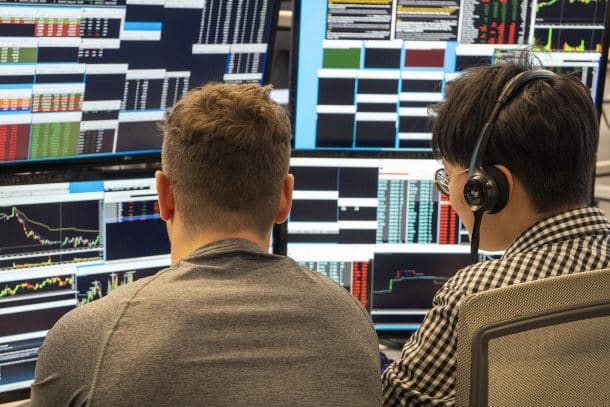The emotions we feel and the actions we take are largely dependent on how we remember things. This is because we use our memories to learn. We might think something like “I remember the last time this happened. I did that and got a favorable result, therefore I will do that again.”
The challenge however, is that our memories aren’t as accurate as we think. Not only do we forget things but we often remember things incorrectly. This is especially true when the memories are vivid and we’re most likely to think they’re accurate.
Vivid memories are usually vivid because they happened when we were in a highly emotional or stressed state. Memories formed under these condition seem to very accurate and clear, however, this is very seldom the case. When we are under stress two things happen, first the logical functions of our brains shut down resulting in illogical reasoning. And second, we become hyper focused on a specific element of what’s really happening. The result is a very clear memory that was derived from an illogically thinking brain that was narrowly focused on specific information and then altered that information with strong perceptual filters, missing most of the information available. And to make it worse your brain literally makes up details to fill in whatever it missed resulting in a very believable inaccurate representation of what really happened.
This can be a big problem when it comes to trading. For example it’s very common for someone to come to me discouraged when a trade doesn’t work out, wanting to switch trading systems. He’ll say, “I been doing this trade and it’s not working. I’m thinking of changing systems.” When this happens I ask him if he followed his plan. When he says yes, I ask to see the plan. 99% of the time he cannot produce it. He has a “memory” of what he was going to do but nothing in writing. So I ask to see his trading and psychological or decision making journal. 99% of the time he cannot produce that either. He “remembers” what happened though.
when I get this response, I know right away I the issue isn’t the trading system. The issue is a trader whose decisions are based off of inaccurate or missing information and memories that were formed under the stress of trading. As a result he is trading and evaluating his trading system as well as his performance on perceptually skewed and made up information. Here’s why.
If a plan is not in writing:
-
You will forget or alter trading rules to fit the irrational thinking that occurs when you are under stress.
-
You will hyper focus on “the problem”. This causes you to “not see” possibilities and solutions that otherwise would seem obvious.
-
You will experience confusion and increased stress which shuts down more and more logical brain functions resulting in increasingly irrational behavior.
-
After you’ve altered your rules, you’ll conveniently forget that you did so and blame it on the system.
For more information on how to improve your trading, visit us atwww.lockeinyoursuccess.com
John Locke
No relevant positions

